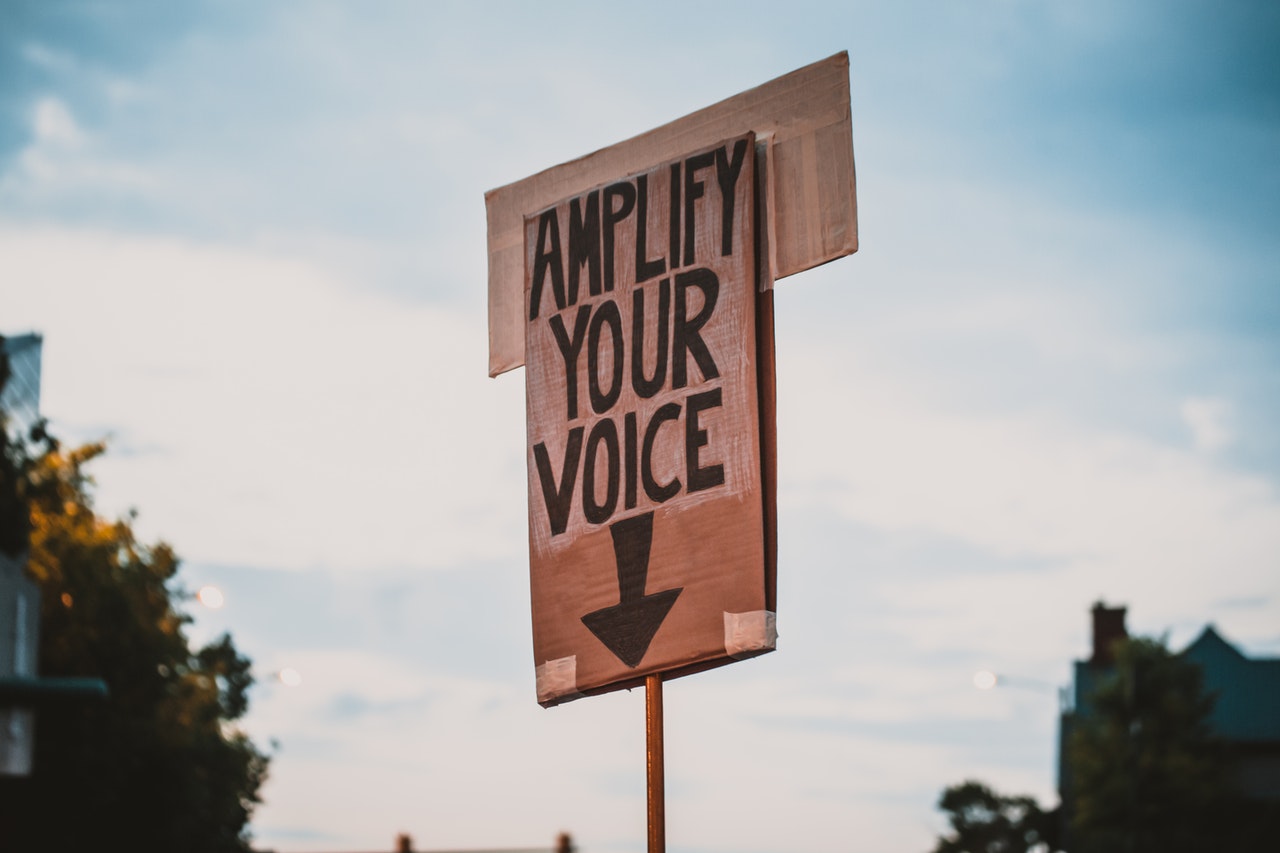
Did you anytime can’t resist the urge to contemplate what fulfills an overall population? Is a happy society overflowing with occupants who revolve around their own happiness, people whose delight then spouts out over to others around them? On the other hand, maybe, a happy society is made out of occupants who are delicate to people around them, accordingly satisfying others.
In search for the reaction to the subject of happy social orders, my accomplices and I started from the discernment that different crosscountry considers show that freedom predicts social fulfillment. That is, social orders that pressure individuals’ prerequisites and targets over those of the get-together will overall be more blissful. Regardless, it has been obfuscated why people from individualistic social orders report higher euphoria. One could assume that focusing in on oneself and one’s own goals—as individualistic people do—progresses social happiness. Be that as it may, our assessment challenges this end.
We separated data from in excess of 100,000 individuals assembled across more than 90 countries. We found that social fulfillment is higher in those individualistic social orders where four express attitudes are uncommonly embraced—versatility, trust, metropolitan responsibility, and non-authenticity. The connection between these attitudes and delight was especially strong and was procured regardless, when various factors—like wealth of the overall population—were thought of.
Be that as it may, what do obstruction, trust, local area responsibility, and non-authenticity share for all goals and reason? Why are social orders in which these four attitudes are well known more happy? The direct answer is apparently that all of these four points of view benefits others. Being permissive obviously benefits people around us. In like way, accepting pariahs benefits others. Our own city responsibility might bring us singular benefits, anyway it also benefits others and further creates society generally speaking. Additionally, being non-materialistic similarly makes people less revolved around gathering money and resources and more based on other critical issues.
These four attitudes can be considered as the “open society” viewpoints, in acknowledgment for philosopher Karl Popper, who maintained potential gains of versatility, trust, local area responsibility and non-authenticity for keeping an open, prominence based society. Popper’s proposes seem to make social orders more open, yet moreover more cheerful.
Inquisitively, though these four “open society” attitudes advantage society as a rule, they don’t impressively propel people’s individual satisfaction directly. People who endorse “open society” points of view are not broadly more content with life than people who are one-sided, questionable, uninvolved in metropolitan issues, and materialistic.
To make in a happy society, we need to guarantee attitudes that advantage people around us whether or not they don’t clearly benefit us eventually. Joy doesn’t get back to us through “karma” when we act well—it returns by suggestion when people around us share attitudes that advantage others. Along these lines, the most upbeat social orders are those where people hold and show mindsets that advantage others.
The way that social fulfillment relies upon the effects of our other-benefitting points of view has huge realistic implications. The prompt benefits to people who embrace the open society mindsets are feeble, if present using any and all means. Thusly, if we wish to redesign social fulfillment, spurring powers to get these viewpoints ought to be composed by regulating bodies, worldwide and neighborhood affiliations, and every individual who needs a more blissful society.
Finally, but the open society mindsets arise in friendly orders that pressure autonomy, according to various perspectives, these characteristics are exceptionally collectivistic. What about we review that even in individualistic social orders, the idea of the overall population depends upon how we treat each other.
HOW PERSONALITY CAN HELP BUILD TRUST BETWEEN PEOPLE FROM DIFFERENT CULTURES
Weakness is startling. Weakness makes it hard to determine what’s available, acceptable behavior, and regardless of whether something lucky or heartbreaking will happen. Various people as regularly as conceivable face weakness inside the present globalized workplace when delegates are needed to quickly outline helpful relationship with new people from wherever the world. Having people from different social orders participate can be helpful for associations since it joins fascinating perspectives and considerations that can grow creativity. However, social differences moreover increase weakness, and weakness might make agents hesitant to share their perspectives and contemplations since they haven’t the faintest idea how the other individual will react. Envision a situation where they are fundamental. Then again considerably more terrifying, envision a situation where they acknowledge my contemplations as their own.
To react to such requests, agents ought to rely upon whatever information is open about that person, which is routinely limited to surface-level, or genuine characteristics like race, underscore, dress, or sexual direction. People use such an information to choose how practically identical that individual is to themselves, which gives them a justification deriving what’s in store from the person. Exactly when people resemble us, it is easier to anticipate how they will act. In light of everything, I know how I would act, so if someone resembles me, I am less uncertain about how they might act. Assessment in amicable cerebrum research furthermore shows that we have a trademark tendency for people who we accept resemble us, and this tendency coordinates how we condemn and act towards others. This “likeness sway” happens quickly and therefore, driving us to condemn people who resemble us as more friendly, proficient, and solid, regardless, when we at first meet them.
Whether or not friendly differences at last assistance or hurt joint endeavors in business affiliations depends upon how much the laborers trust one another. Exactly when we trust in someone, weakness isn’t as disturbing because we acknowledge that the individual has good intentions and will treat us well, notwithstanding the way that we are problematic about what they will do. This energy to accept another person can be seen in trusting in rehearses that make us defenseless against that individual, similar to open correspondence, searching for input from the other individual, and bestowing information to the individual being referred to, which are largely fundamental for making working associations in which people from different establishments can join their surprising perspectives. So the request ends up being: How might we further develop trust between people from different social orders?
In another report, we attempted whether certain person characteristics may be important for recognizing people who are more trusting towards people from different social orders (Saef et al., 2019). The assessment focused in on the person brand name called Openness to Experience, which is consistently called just Openness for short. People who are higher in Openness will overall hunt out data and experiences with social orders other than their own. Since people who are chosen as regular are also seen as more like us, Open people—who are more familiar with different social orders—may condemn people from different social orders as more such as themselves, and in this manner trust them more. In like manner, considering the way that open people consider themselves to be having more data on and experiences with different social orders and perceive as more experienced people, Open people might see others who moreover think about social orders not equivalent to their own as more relative, driving them to trust in them more.
To see how people’s level of Openness affected the way in which they saw people from different social orders, we self-assertively consolidated White, American understudies (implied as ‘part’ under) to work with an individual (suggested as ‘assistant’) from either a comparative culture or an other (Chinese) culture. In the wake of familiarizing the individuals with their assistant, we mentioned that individuals rate how near they thought their associate was to them and thereafter mentioned that individuals play a unique game that purposeful how accepting they acted towards their accessory.
Obviously, individuals were less trusting towards associates from a substitute culture since they saw them to be less such as themselves. Notwithstanding, individuals who assessed themselves as higher in Openness trusted in accessories from various social orders more than the people who assessed themselves as lower in Openness since they condemned them to be more such as themselves.
This finding suggests that, close to the beginning of joint endeavors between laborers from different social orders, people who are high in Openness will be more ready to partake and bestow their arrangements to (or trust) people from unexpected social orders in comparison to people who are low in Openness. Likewise, considering the way that trust is a self-supporting miracle, which means trust prompts more trust, recollecting that someone high for Openness in composed endeavors between people from different social orders might engage investment and information sharing from people low in Openness. Consequently, whenever people from irksome social orders collaborate, it may be important to consolidate somewhere near one person who is high in Openness.


